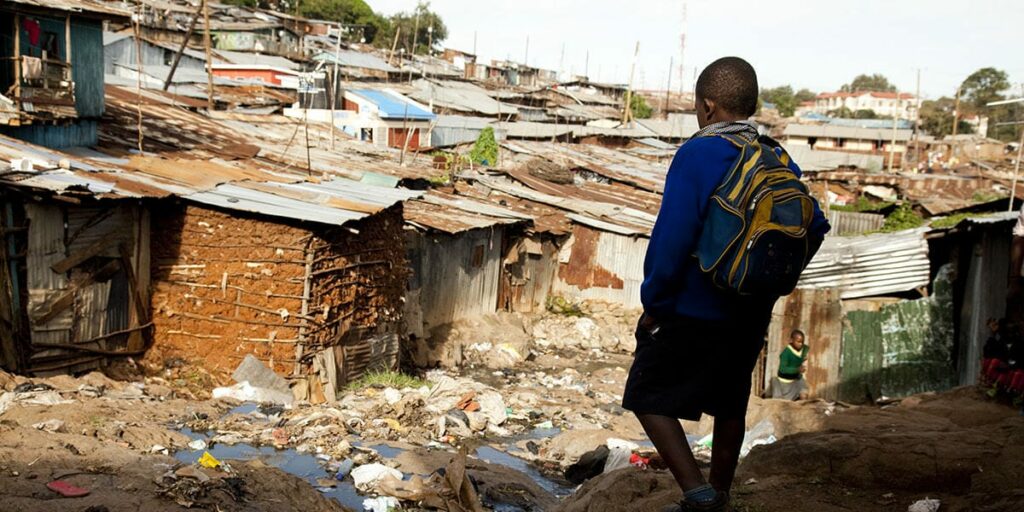- Temitope Fadeshemi, Permanent Secretary of Agriculture, revealed 88.4 million Nigerians are grappling with extreme poverty, urging urgent intervention
- Fadeshemi emphasized the significance of initiatives like the National Poverty Reduction with Growth Strategy in alleviating poverty nationwide
Mr. Temitope Fadeshemi, the Permanent Secretary of the Federal Ministry of Agriculture and Food Security, disclosed that a staggering 88.4 million individuals in Nigeria are currently grappling with extreme poverty.
Addressing the audience in Kaduna during the distribution of farm inputs and empowerment materials to 250 smallholder farmers, Fadeshemi highlighted the alarming poverty plaguing the nation. Represented by Bashir Abdulkadir, Director of the Ministry’s Department of Extension Services, Fadeshemi emphasized the urgent need for intervention.
He underscored, “The level of poverty in Nigeria is alarming, with an estimated 88.4 million people living in extreme poverty. Approximately 44.7 million men and 43.7 million women struggle to survive on less than 1.90 U.S. dollars a day.”
Highlighting Nigeria’s significant contribution to global poverty statistics, Fadeshemi noted that as of 2022, 12.9% of the global population living in extreme poverty was concentrated within the country.
Fadeshemi outlined the government’s concerted efforts to tackle poverty head-on, spearheaded by the Federal Ministry of Budget and National Planning in collaboration with FMAFS. He stressed the importance of initiatives like the National Poverty Reduction with Growth Strategy (NPRGS) in alleviating poverty nationwide.
“The event marks a pivotal moment in the Federal Government’s commitment to uplifting the lives of smallholder farmers and promoting sustainable agricultural practices,” Fadeshemi remarked.
He expressed his delight in the collaboration between NPRGS and the Federal Department of Agricultural Extension Service (FDAE), which has identified and validated approximately 250 farmers for participation in transformative programs. Fadeshemi emphasized smallholder farmers’ crucial role in driving the nation’s agricultural sector and overall prosperity.
Highlighting the broader implications of NPRGS, Fadeshemi affirmed, “This program signifies not just an investment in agriculture but an investment in the future of our nation. By equipping smallholder farmers with the necessary knowledge, resources, and support, we are laying the groundwork for a brighter tomorrow.”
The program, Fadeshemi concluded, symbolizes the government’s unwavering commitment to eradicating poverty and fostering sustainable economic development across Nigeria.

